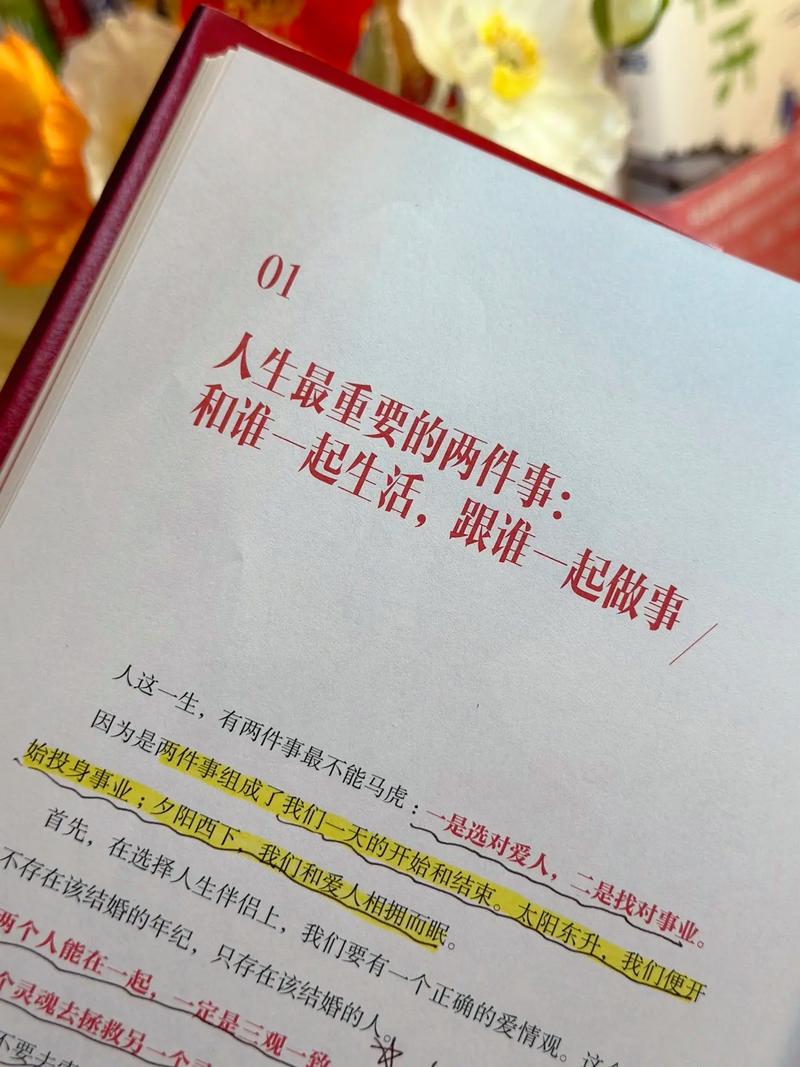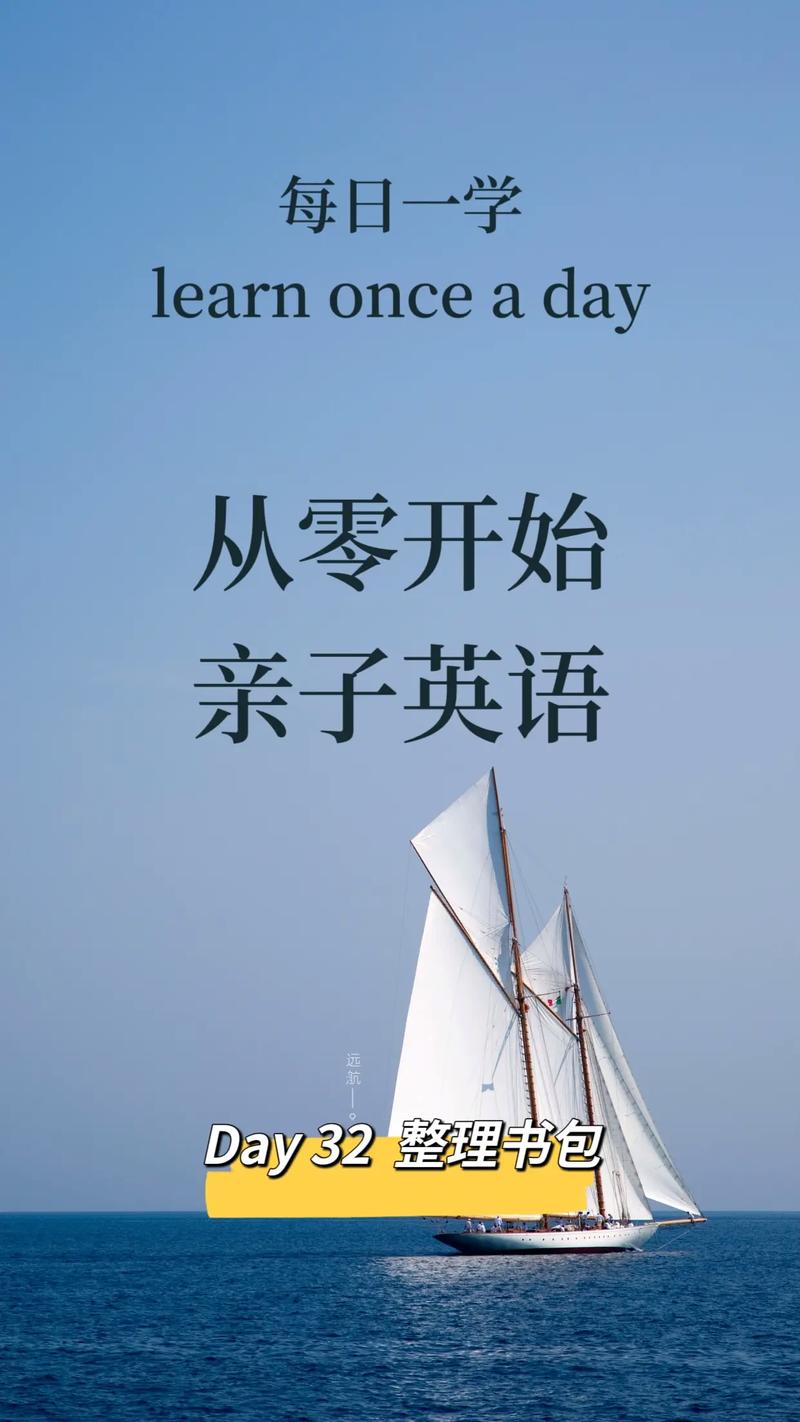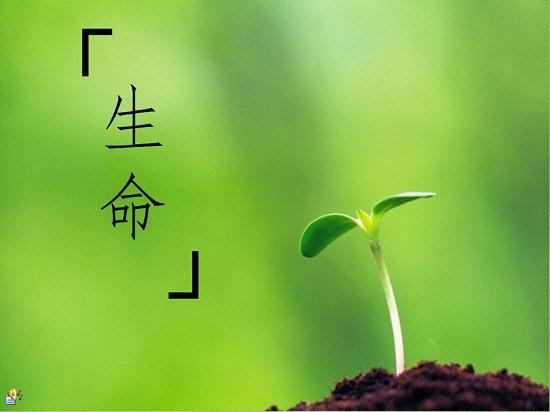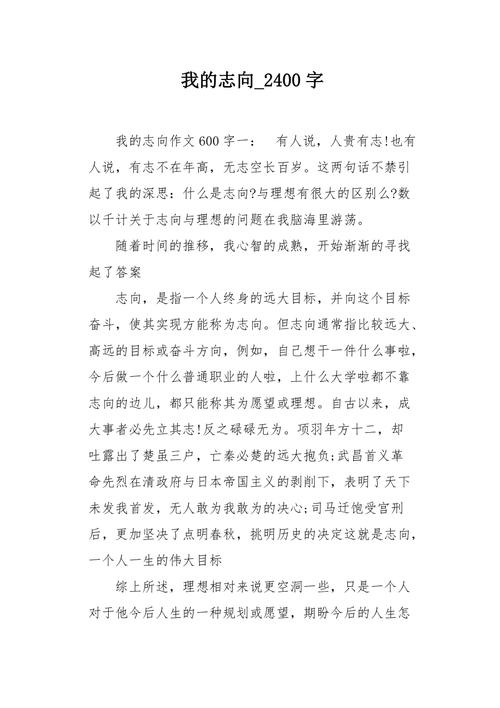
放弃一些美好的东西,需要技巧 of making a good impressi.
A good impression results from a combination of factors which includes your manner of dress, your body language, and your attitude. They say that the interviewer decides if (s)he likes you in the first 5 seconds. Read on to see how to make the best of that 5 seconds.
Attire
To suit or not to suit, that is the question. The answer is not as clear as it was even five years ago. Many of the interviewers do not wear suits, so what do you do? If you have a chance to observe the company employees at work, you will see how the they dress and that can help you to decide what to wear for an interview. In any case, however, you should dress professionally unless the interviewer tells you otherwise.
What is professional attire?
It is fabric on the conservative side. Avoid large prints and large expanses of bold, contrasting color, glitter and shine, and excessive trim. This applies to clothing, shoes, and accessories.
It is comfort and appropriateness. Sandals, fishnet stockings, white socks, tennis shoes, heavy makeup, large amounts of jewelry and too little skirt are inappropriate. Heavy wool in 100 degree heat is inappropriate, as is linen in a blizzard. Tight shoes or clothes are not comfortable. Avoid wearing more than one pair of earrings, especially if they are not in your ear lobes; two rings on your hand; one watch; and a necklace or pin - and I don't mean a safety pin, which is never appropriate.
It is color and style that coordinates well. A navy blue striped jacket does not look good with black pants.
It is color and style that flatters you and makes you feel confident.
It is consideration for others. Avoid heavy amounts of perfume or after shave - some people are allergic. Besides, you want a job, not a date.
It is a dress, suit, or coordinating jacket and pants or skirt with coordinating shoes and accessories. Choose clothes you will want to wear again. When in doubt, ask a sales representative in a clothing store or your career advisor to help.
Body Language
We watch each other's body language all the time, but are often unaware of our own. Yet that is the first signal that we are happy and confident, or upset and fearful. Interviewers are especially cognizant of body language, because it can tell them so much about you.
Greet the interviewer with a firm handshake, a smile, and good posture.
Sit in the chair with your back straight, but not rigid, your arms and legs relaxed, neither spread too far apart, nor drawn in tight to your body. It is O.K. to lean forward once in a while to show your interest.
Keep hand gestures small and infrequent. Using occasional gestures to emphasize a point can add liveliness to the interview.
Maintain eye contact, but don't stare. It is O.K. to look away once in a while.
Remember to smile once in a while.
Verbal Language
What you say and how you say it are equally important.
Have your answers well rehearsed, but not memorized. This will help you feel relaxed and confident.
Avoid saying "um," "you know," or "like" too often. Pause if you need to think about what to say next.
Use proper English. The language you use with your friends may be inappopriate for an interview.
Listen carefully before you answer and if you don't understand the question, ask the interviewer to explain it.
Focus on the positive. Avoid being too brief in your answers or too wordy.
Don't feel you have to fill the silence. A good interviewer knows that most people feel uncomfortable with silence and will say anything to fill it up. To avoid saying something you might regret, wait for the interviewer to initiate the next interchange.
下一篇:圣诞购物






